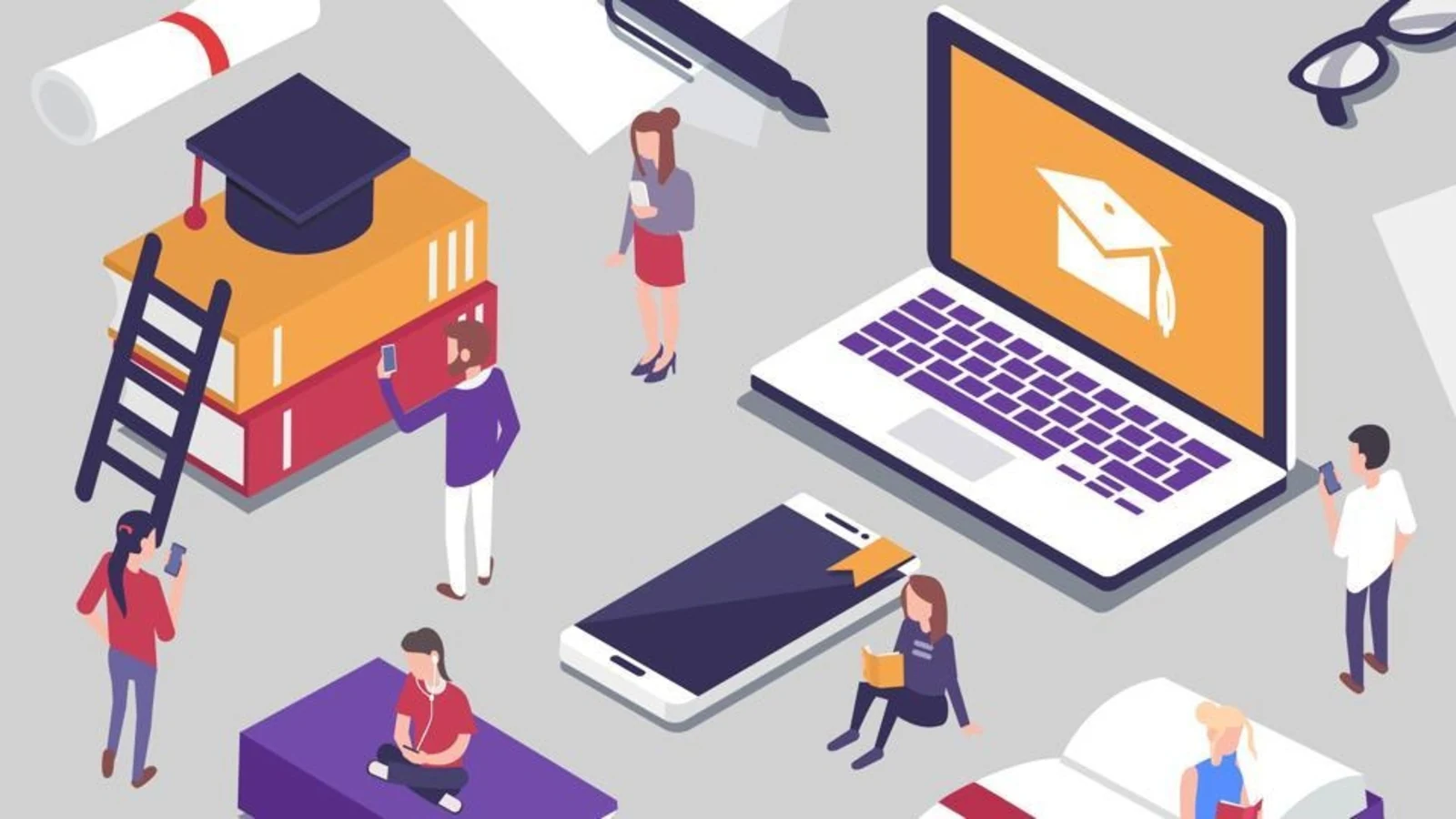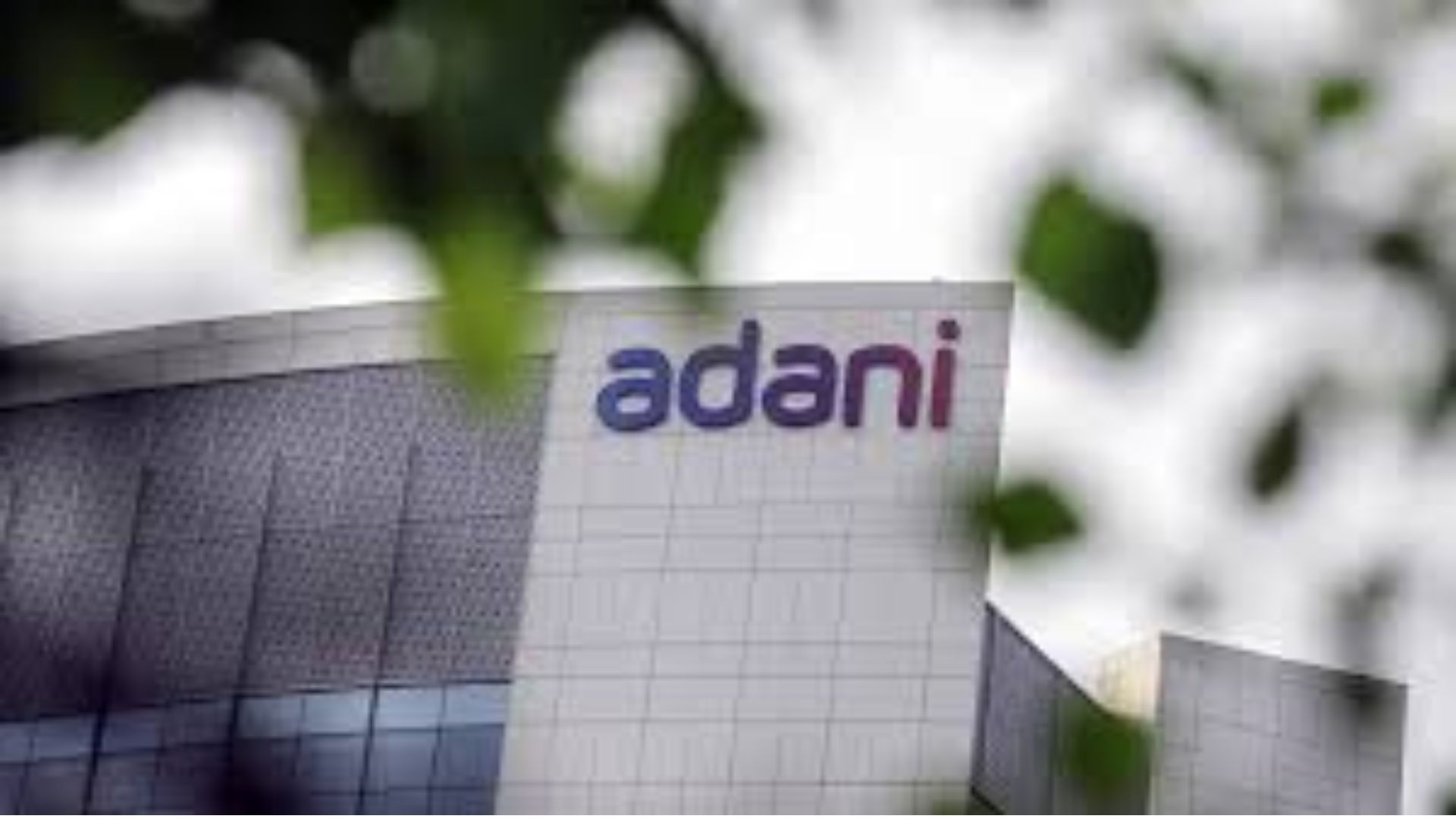
Educational Technology (EdTech) has become a powerful catalyst for creating inclusive learning environments in the global education scene in recent times. Following the implementation of the National Education Policy (NEP) 2020, India is at a crucial point of change, with the goal of revamping its education system to promote equal and inclusive learning opportunities for everyone. The core of this reform focuses on incorporating educational technology (EdTech) to equalize access to quality education and close gaps in learning outcomes among different socio-economic backgrounds. This article discusses how advancements in EdTech are transforming the education sector, supporting inclusivity and equity through the use of cutting-edge digital tools and personalized learning techniques.
Enhancing Accessibility and Quality of Education through EdTech Solutions
Ensuring equitable access to quality education for all learners, regardless of their diverse backgrounds, geographical location, abilities, or preferences, remains a critical challenge in the education sector. Educational technology innovations offer promising solutions to this issue by harnessing technological advancements to foster inclusive learning environments. These innovations aim to bridge educational gaps and promote fairness by leveraging various tools and approaches tailored to individual needs and circumstances. Here are a few ways through which EdTech can contribute to achieving this objective:
Addressing Accessibility Challenges
One of the primary barriers to education is access, especially in underserved and remote areas. EdTech solutions provide a scalable approach to overcoming these challenges by delivering educational content through digital platforms. From interactive online lessons to virtual classrooms, EdTech ensures that students, regardless of geographical location or socio-economic status, have access to quality education. This democratization of learning opportunities not only expands educational access but also empowers learners to participate actively in their educational journey.
Personalized Learning Experiences
Every student learns differently, and EdTech acknowledges this by offering personalized learning experiences. Adaptive learning technologies use data analytics and Artificial Intelligence (AI) algorithms to assess individual learning styles, preferences, and pace. By tailoring content and assessments accordingly, EdTech fosters student engagement and improves learning outcomes. This personalized approach not only enhances academic achievement but also boosts confidence and motivation among learners, thereby promoting inclusivity in educational practices.
Empowering Learning through Engagement
According to a study published in ScienceDirect, gamification significantly enhances the learning experience, with challenge-based approaches showing a notable 34.75% increase in student performance. By incorporating game-like elements such as badges, points, leaderboards, and interactive challenges, EdTech captures learners’ attention and fosters their intrinsic motivation to excel. This approach effectively bridges the gap between traditional rote learning and active education, creating a positive and immersive learning environment.
Empowering Educators
EdTech is not just about enhancing student learning; it also supports educators in delivering effective instruction. Professional development programs offered through EdTech platforms equip teachers with innovative teaching strategies, digital tools, and resources to meet diverse learning needs. By integrating technology into pedagogical practices, educators in remote and urban settings alike can enhance their teaching methodologies, collaborate with peers globally, and stay abreast of educational advancements, thereby fostering an inclusive learning environment for all students.
Cultural and Linguistic Diversity
In diverse educational settings, EdTech serves as a bridge across cultural and linguistic barriers. Multilingual educational resources, translation tools, and culturally relevant content cater to the needs of students from various linguistic backgrounds. EdTech platforms facilitate cross-cultural exchanges, enabling students to appreciate diversity, learn from each other’s perspectives, and develop global competencies. By celebrating cultural diversity, EdTech promotes inclusivity and prepares students to thrive in a multicultural world.
Support for Students with Special Needs
For students with disabilities or special educational needs, EdTech offers specialized tools and assistive technologies that accommodate their learning requirements. Accessibility features such as screen readers, captioning services, and adaptive devices ensure equitable access to educational content. EdTech empowers students with disabilities to participate fully in educational activities, fostering independence and inclusivity in their learning experiences. By removing barriers to learning, EdTech promotes equal opportunities for all students to achieve their full potential.
Data-Driven Decision Making
EdTech leverages data analytics to inform educational practices and decision-making processes. By tracking student progress, identifying learning trends, and measuring outcomes, educators and policymakers can make informed adjustments to curriculum, instructional methods, and resource allocation. Data-driven insights from EdTech enable schools and educational institutions to address achievement gaps, improve teaching strategies, and optimize educational outcomes, thereby advancing the goal of educational equity.
Collaboration and Global Learning
EdTech facilitates collaborative learning experiences that transcend geographical boundaries. Virtual classrooms, online forums, and collaborative projects connect students with peers and experts worldwide, fostering a global learning community. Through collaborative projects, students gain cross-cultural understanding, collaborate on shared goals, and develop critical thinking and communication skills essential for success in the globalized economy. EdTech promotes a culture of collaboration and mutual respect, preparing students to become global citizens in an interconnected world.
To sum up, EdTech tools play a crucial role in advancing fair and inclusive education through tackling accessibility barriers, providing customized learning opportunities, empowering teachers, celebrating cultural differences, and enabling data-informed decision-making. By utilizing technology, EdTech guarantees that all students, regardless of their background or abilities, have the opportunity to receive quality education and achieve academic success. As we further adopt new ideas in education, the use of EdTech will become more crucial in creating a fairer and more inclusive future for students globally.
Praveen Singh is the CEO of AASOKA by MBD Group.















